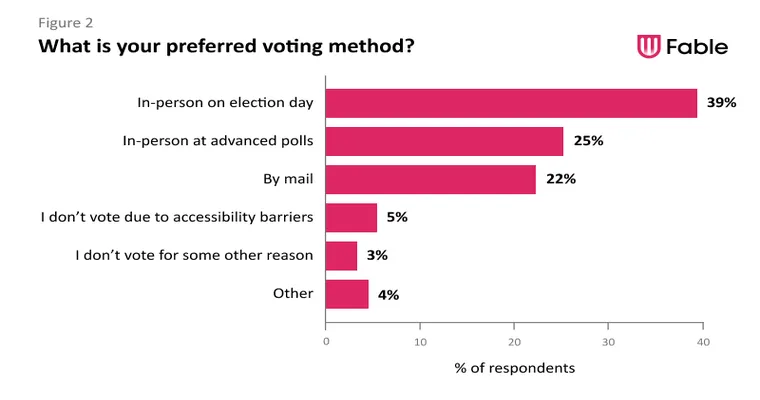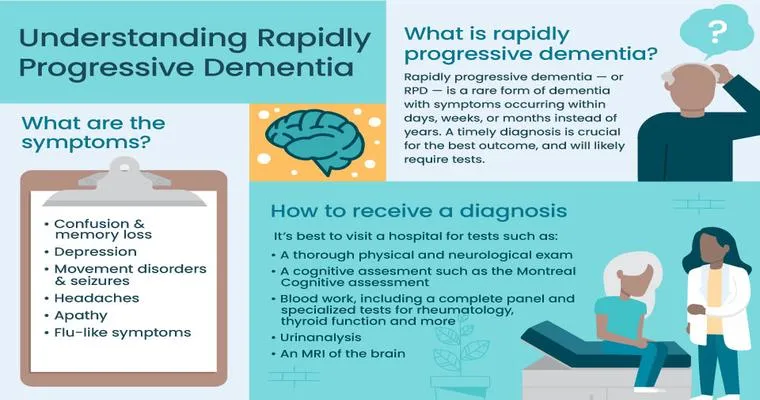When it comes to "Power of Attorney (POA)", the legality and ethical implications can be complex, especially when it appears that someone has acted without your "knowledge or consent". If you are facing a situation where a case manager and your adult son have designated him as your POA without your explicit approval, it is understandable to feel confused and upset. This article will explore the legality of this situation and provide guidance on how to address your concerns.
Understanding Power of Attorney
"Power of Attorney" is a legal document that allows one person (the agent) to make decisions on behalf of another (the principal). This can include managing finances, making healthcare decisions, and handling legal matters. For a POA to be valid, it typically requires the principal’s informed consent and must be signed by the principal, often in the presence of witnesses or a notary.
Is It Legal to Designate a POA Without Consent?
In most jurisdictions, it is "not legal" for someone to designate themselves or another person as a Power of Attorney without the principal’s consent. If you did not sign any documents granting your son or the case manager this authority, it raises serious questions about the legality of the POA designation.
If your son has taken steps to act as your POA without your knowledge or consent, this could be considered a form of "financial abuse" or exploitation, especially if he is making decisions that you have not agreed to. It is crucial to review the documentation and understand the circumstances under which this designation was made.
Should You Be Upset?
Feeling upset in this situation is completely justified. When it comes to matters of legal authority over one’s life, it is essential that individuals retain control and make informed decisions. If you were unaware of the POA designation and did not agree to it, your autonomy may have been compromised.
It is also important to consider the motivations behind this decision. If your son acted in good faith with the intention of helping you, there may be a misunderstanding that can be resolved through open communication. However, if his intentions are questionable, it is vital to take action to protect yourself.
Steps to Take
1. "Gather Information": Find out what documents have been signed and by whom. Request a copy of the POA document if one exists.
2. "Consult a Legal Professional": Speak with an attorney who specializes in elder law or estate planning. They can provide guidance on the legality of the situation and help you understand your rights.
3. "Communicate with Your Son": Have a candid conversation with your son about the situation. It is possible that he may not fully understand the implications of the POA designation.
4. "Consider Revoking the POA": If you discover that a POA has been designated without your consent, you may have the option to revoke it. Your attorney can help you with this process.
5. "Protect Yourself": If you feel that your interests are not being represented, consider appointing a different agent or establishing a new POA arrangement that reflects your wishes.
Conclusion
The situation you are facing regarding your son being designated as your Power of Attorney without your knowledge is both concerning and complex. It is important to understand your rights and take appropriate action to ensure your autonomy is respected. Consulting with a legal professional and having open discussions with your son can help you navigate this challenging circumstance. Remember, your well-being and peace of mind are paramount, and you have every right to be involved in decisions that affect your life.





